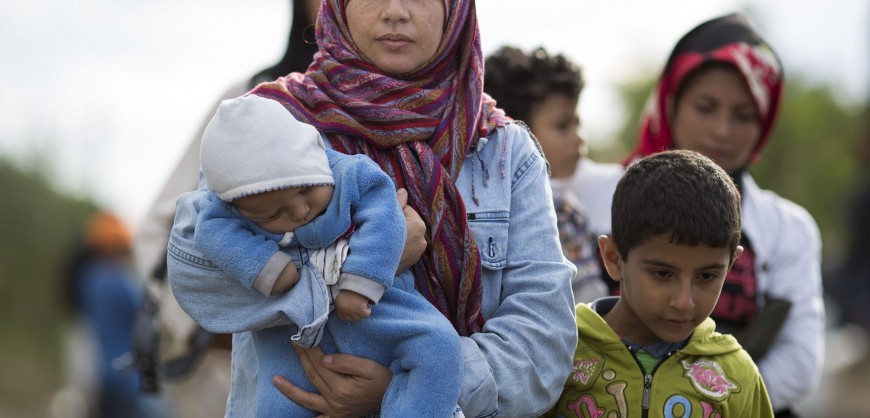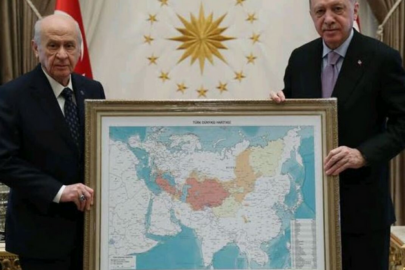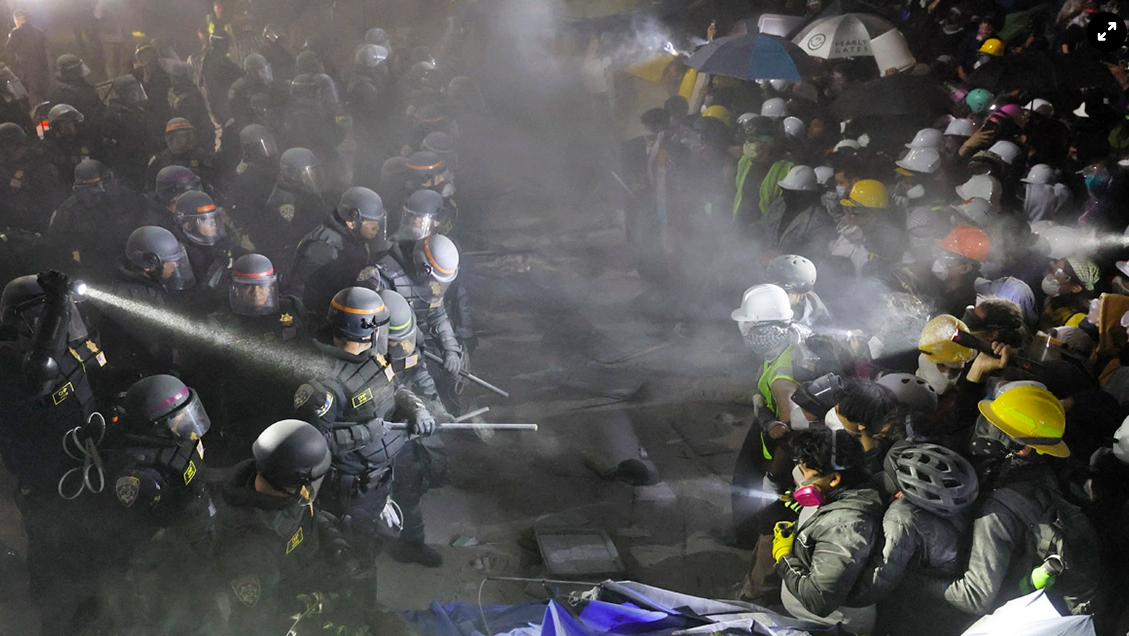Delivering on the European Agenda on Migrations from May, the European Commission is putting forward a comprehensive package of proposals which will help address the refugee crisis that EU Member States and neighbouring countries are facing, including by tackling the root causes making people seek refuge in Europe. The new set of measures will alleviate pressure from Member States most affected – notably Greece, Italy and Hungary – by proposing to relocate 120,000 people in clear need of international protection to other EU Member States. This number will be on top of the 40,000 that the Commission proposed in May to relocate from Greece and Italy and for which the decision by the Council is still to be adopted. Today’s measures will also help those Member States faced with a growing number of asylum applications by enabling a swifter processing of asylum applications though a common European list of safe countries of origin. Finally, the Commission is also addressing the ‘external dimension’ of the refugee crisis, outlining the main actions for making return policy more effective and proposing a €1.8 billion Trust Fund to help tackle the root causes for migration in Africa.
European Commission President Jean-Claude Juncker said: “Europe is a continent where nearly everyone has at one time been a refugee. We Europeans should know and should never forget why giving refuge and complying with the fundamental right to asylum is so important. It is time we started putting in place the building blocks of a truly European migration policy, as we called for back in May. The measures we are proposing today will ensure that people in clear need of international protection are relocated swiftly after arriving – not just now but also for any crisis in the future. If ever European solidarity needed to manifest itself, it is on the question of the refugee crisis. It is time to show collective courage and deliver this European response now.”
The European Commission has presented the following concrete measures to respond to the current refugee crisis and to prepare for future challenges:
- An emergency relocation proposal for 120,000 refugees from Greece, Hungary and Italy: following the sharp increase in illegal border crossings in the Central and Eastern Mediterranean, but also on the Western Balkans route, over the last few months, urgent action is needed. The Commission proposes to relocate 120,000 people in clear need of international protection from Italy (15,600),Greece (50,400) and Hungary (54,000). The relocation would be done according to a mandatory distribution key using objective and quantifiable criteria (40% of the size of the population, 40% of the GDP, 10% of the average number of past asylum applications, 10% of the unemployment rate). It applies to nationalities of applicants with an EU-wide average recognition rate of 75% or higher. This comes in addition to the Commission’s proposal from May to relocate 40,000 people in clear need of international protection from Italy and Greece to other EU Member States, thus bringing the total proposed number up to 160,000.
- A Permanent Relocation Mechanism for all Member States: As announced in the European Agenda on Migration, the Commission is proposing a structured solidarity mechanism which can be triggered any time by the Commission to help any EU-Member State experiencing a crisis situation and extreme pressure on its asylum system as a result of a large and disproportionate inflow of third country nationals. Such future emergency situations would be defined by the Commission based on the number of asylum applications in the last 6 months, per capita as well as the number of irregular border crossings in the last 6 months. The same objective and verifiable distribution criteria will apply as in the emergency relocation proposals. The permanent mechanism will also take into account asylum seekers’ needs, family situation and skills.
- A temporary solidarity clause: If – for justified and objective reasons such as a natural disaster – a Member State cannot temporarily participate totally or in part in a relocation decision, it will have to make a financial contribution to the EU budget of an amount of 0.002% of its GDP. The European Commission will analyse the reasons notified by the country and take a decision on whether or not they justify the non-participation of a country in the scheme for a maximum of up to 12 months. In case of partial participation in the relocation, the amount will be reduced in proportion.
- A common European list of Safe Countries of Origin: following up on the European Agenda on Migration and the European Council Conclusions of 25-26 June, the European Commission is proposing a Regulation to establish an EU common list of safe countries of origin. Such a European list will allow for swifter processing of asylum applications from candidates originating from countries considered to be safe across the EU, and for faster returns if the individual assessments of the applications confirm no right of asylum. Following discussions with and current practices by Member States, the Commission proposes to add Albania, Bosnia and Herzegovina, the former Yugoslav Republic of Macedonia, Kosovo*, Montenegro, Serbia and Turkey to the EU list of safe countries of origin. These countries fulfil the common criteria of the Asylum Procedures Directive 2013/32 for a country to be considered safe; they are members to major international human rights Treaties; and the majority have been designated as a candidate country by the European Council, fulfilling the so-called “Copenhagen criteria“ (guaranteeing democracy, the rule of law, human rights and respect for and protection of minorities). Other countries can be added in future following a thorough assessment by the European Commission.
- Making return policy more effective: to improve the return policies of Member States, the Commission has issued a common Return Handbook and an EU Action Plan on Return. The Commission has presented an EU Action Plan on Return which defines the immediate and mid-term measures to be taken by Member States to enhance voluntary return, to strengthen the implementation of the Return Directive, to improve information sharing, to strengthen the role and mandate of Frontex in return operations, and to create an integrated system of return management. In parallel, the Commission has adopted a Return Handbook which offers national competent authorities practical instructions when carrying out returns of those refugees that do not have the right to stay in the European Union. It will serve as the main training tool in standards and procedures for experts applying the Return Directive 2008/115. In parallel,
- Communication on Public Procurement rules for Refugee Support Measures: Member States have to satisfy adequately and speedily the most immediate needs of asylum seekers for housing, supplies and services. Today’s Communication provides guidance for national, regional and local authorities to ensure compliance with EU procurement rules when financing these services can be assured in a simple, speedy and non-bureaucratic manner.
- Addressing the external dimension of the refugee crisis: As long as political instability and conflicts in the countries of origin (for example in Libya and Syria) continue, the EU will be faced with increased numbers of people seeking refuge. Contributing to political solutions in these countries remains a priority for the EU, both through financial support to neighbouring countries as well as through some 17 readmission agreements and 7 mobility partnership agreements. So far, €3.8 billion have been mobilised to help Syria and Iraq’s neighbouring countries. The EU will also deepen the existing high-level dialogues on migration with key partners – such as the Rabat and Khartoum processes with African countries and the Budapest process with East and Central Asia, as well as the upcoming Summits and La Valetta.
- A Trust Fund for Africa: Today, the European Commission has allocated €1.8 billion from the EU budget to set up an “Emergency Trust Fund for stability and addressing root causes of irregular migration in Africa”. The aim is to improve stability and address root causes of irregular migration flows in the regions of the Sahel, Lake Chad, the Horn of Africa, and the North of Africa. It will support these regions to develop better socio-economic opportunities and migration management policies. The European Commission is expecting Member States to pitch in too and match our ambition. Spain, for example, has already confirmed its participation.
Next Steps:
The extraordinary Home Affairs Council on migration on 14 September will be the next opportunity for Member States to discuss and adopt the Commission’s legislative proposals. The emergency relocation mechanism needs to be adopted by the Council (by qualified majority voting), in consultation with the European Parliament, while the permanent solidarity mechanism and the European list of safe countries of origin have to be adopted jointly by the European Parliament and the Council (using the ordinary legislative procedure). The Trust Fund proposal is submitted to Member States with the objective of completing the necessary procedures in time for the Valletta Summit in November, where the EU will meet with key African countries to discuss migration and the refugee crisis.
Background
The European Commission has been consistently and continuously working for a coordinated European response on the refugees and migration front:
On 13 May 2015, the European Commission presented its European Agenda on Migration, setting out a comprehensive approach for improving the management of migration in all its aspects.
On 27 May 2015, the European Commission already came forward with a first package of implementing measures of the European Agenda on Migration, including relocation and resettlement proposals, and an EU Action plan against migrant smugglers.
On 25-26 June, the European Council agreed to move forward on the proposals made by the European Commission in the European Agenda on Migration, focusing on relocation and resettlement, returns and cooperation with countries of origin and transit.
On 20 July, the Justice and Home Affairs Council agreed to implement the measures as proposed in the European Agenda on Migration, notably to relocate people in clear need of international protection from Italy and Greece over the next two years, starting with 32,256 in a first step, and to resettle 22,504 displaced persons in clear need of international protection from outside the EU.
For More Information
Factsheets – Relocation and Safe Countries of Origin explained
Emergency Relocation for Italy, Greece and Hungary
| Italy | Greece | Hungary | TOTAL | |
| Austria | 473 | 1529 | 1638 | 3640 |
| Belgium | 593 | 1917 | 2054 | 4564 |
| Bulgaria | 208 | 672 | 720 | 1600 |
| Croatia | 138 | 447 | 479 | 1064 |
| Cyprus | 36 | 115 | 123 | 274 |
| Czech Republic | 387 | 1251 | 1340 | 2978 |
| Estonia | 48 | 157 | 168 | 373 |
| Finland | 312 | 1007 | 1079 | 2398 |
| France | 3124 | 10093 | 10814 | 24031 |
| Germany | 4088 | 13206 | 14149 | 31443 |
| Latvia | 68 | 221 | 237 | 526 |
| Lithuania | 101 | 328 | 351 | 780 |
| Luxembourg | 57 | 185 | 198 | 440 |
| Malta | 17 | 56 | 60 | 133 |
| Netherlands | 938 | 3030 | 3246 | 7214 |
| Poland | 1207 | 3901 | 4179 | 9287 |
| Portugal | 400 | 1291 | 1383 | 3074 |
| Romania | 604 | 1951 | 2091 | 4646 |
| Slovakia | 195 | 631 | 676 | 1502 |
| Slovenia | 82 | 265 | 284 | 631 |
| Spain | 1941 | 6271 | 6719 | 14931 |
| Sweden | 581 | 1877 | 2011 | 4469 |
| TOTAL | 15600 | 50400 | 54000 | 120000 |

































